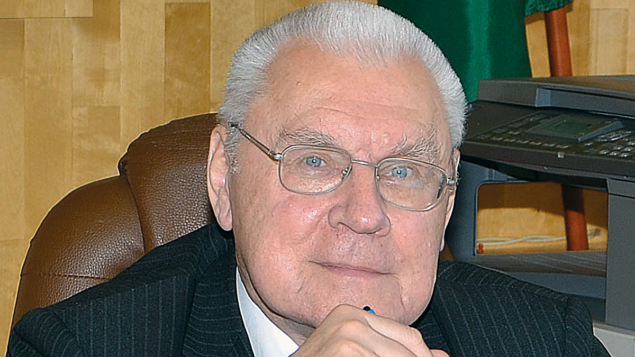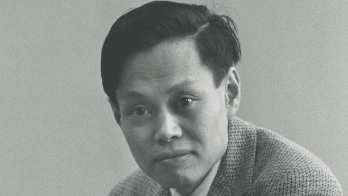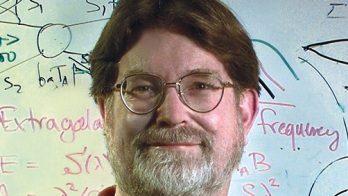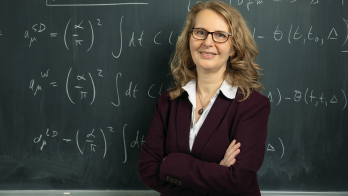
Mykola Shulga, an outstanding Ukrainian theoretical high-energy physicist, passed away on 23 January 2024. Born on 15 September 1947 in Kharkiv, Ukraine, he graduated with honours from Kharkiv State University in 1971. In 1973 he joined the Kharkiv Institute of Physics and Technology (KIPT) where he worked for the rest of his life. He held many leadership positions at KIPT and became its director general in 2016.
A significant role in Shulga’s formation as a scientist was played by his PhD advisor and prominent KIPT theorist Oleksandr Akhiezer. Together they developed the quasi classical theory of coherent radiation of channelled and over-barrier electrons and positrons in crystals. This theory provided an understanding of the basic emission mechanisms in oriented crystals, which is crucial for creating an intense gamma-ray source as well as a crystal-based positron source for future electron–positron colliders.
Mykola Shulga always worked to ensure that his theoretical predictions were tested experimentally. Many of them were confirmed recently at CERN. In 2005–2010 the NA63 collaboration confirmed the Ternovsky–Shulga–Fomin effect – a suppression of bremsstrahlung radiation from ultrarelativistic electrons in thin layers of matter. In 2009–2017 the UA9 collaboration confirmed his prediction of a stochastic Grinenko–Shulga mechanism of high-energy particle-beam deflection by a bent crystal. This mechanism allows the deflection of both positively and negatively charged particles, and is planned to be implemented at the PETRA IV synchrotron at DESY and future electron–positron colliders.
Shulga was a laureate of the State Prize of Ukraine in the field of science and technology (2002), won prizes of the National Academy of Sciences of Ukraine (NASU) named after O S Davydov (2000) and O I Akhiezer (2018), and received many other awards. In 2009 he was elected an academician of NASU and in 2015 became head of its department of nuclear physics and power engineering. From 2004 to 2013 he was vice-president of the Ukrainian Physical Society.
Shulga paid great attention to working with young physicists, whom he taught for many years at V N Karazin Kharkiv National University. He trained eight PhD students and eight doctors of science, and among his students are eight laureates of the State Prize of Ukraine in the field of science and technology.
Thanks to his high human qualities, exceptional diligence and amazing capacity for work, Mykola Shulga gained great authority and respect in the scientific community. He led National Science Center KIPT (NSC KIPT) through two years of the full-scale invasion of Ukraine by the Russian Federation, working to eliminate the consequences of more than 100 missile strikes on the NSC KIPT territory, which left not a single building undamaged. Undeterred by the war, until his last days he continued to promote the creation of a new international centre for nuclear physics and medicine on the NSC KIPT site (CERN Courier January/February 2024 p30).
His bright memory will forever remain in the hearts of his colleagues, friends, relatives and loved ones.








